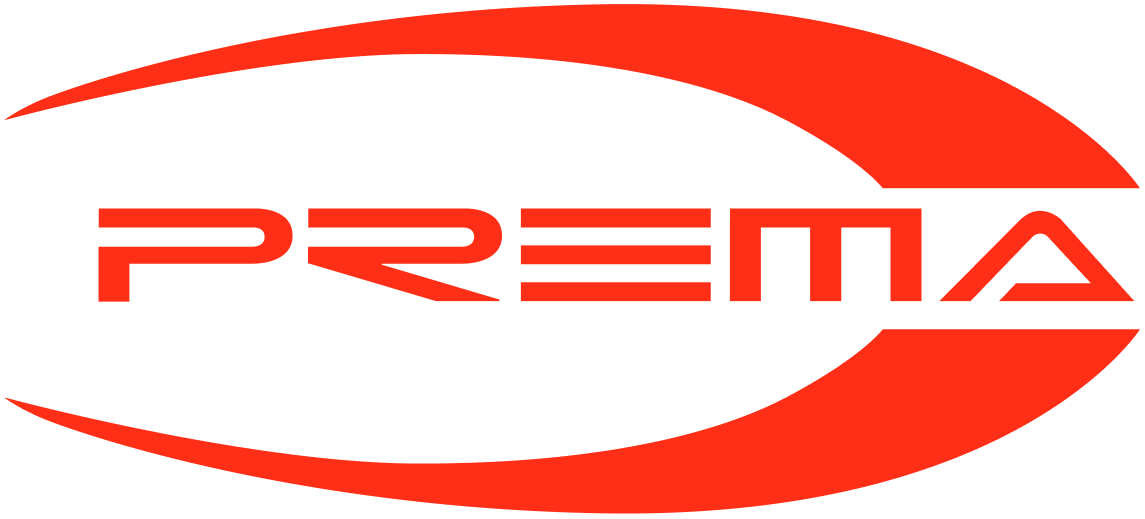Business owners are always looking for ways to cut their costs without compromising their output.
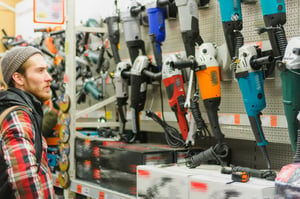 In the industrial sector, this begins with selecting tools that are powerful enough to handle the demands of the assembly line or metalworking shop but won’t break the bank.
In the industrial sector, this begins with selecting tools that are powerful enough to handle the demands of the assembly line or metalworking shop but won’t break the bank.
Building a toolkit that checks both boxes can be challenging, especially as the number of tools on the market skyrockets and increasing sophistication narrows performance gaps. Different types of tools still have different pros and cons, but picking the right tool for the job requires an ever-expanding wealth of background knowledge.
To that end, we’ve drawn up a list of the basic differentiators every decision-maker needs to keep in mind when choosing between electric and pneumatic power tools.
In the world of industry, power is king. Cutting cleanly through steel or machine-tightening a bolt requires a baseline amount of torque, and all other considerations must be set aside unless a tool is able to deliver it. Pneumatic tools not only pack more punch than their electric analogs, but they also facilitate more precise power adjustment, enabling end users to scale horsepower up and down with greater ease and reliability.
What’s more, pneumatic tools are far less susceptible to power overloads than electric tools, empowering pneumatic users to deliver stated power over extended periods without damaging their tool’s motor.
Once a tool is deemed sufficiently powerful, the most pressing question becomes, “Is it affordable?” Setting aside secondary costs (we’ll address them momentarily), the upfront costs of electric tools tend to be lower than those of pneumatic tools. Though the average pneumatic tool is less expensive than the average electric tool, the former requires an air compressor to function, while the cost of the latter’s power supply is built into its sticker price.
Of course, a business can “plug and play” any pneumatic tool once it has built out a robust air compression system, but the cost of the system must be divvied up among its pneumatic tool set until it has been paid off.
When it comes to calculating overall cost of ownership, a tool’s energy efficiency is just as important as its upfront cost. Different use cases produce different levels of efficiency, but generally speaking, it takes about seven horsepower of electricity to produce enough compressed air to operate a one-horsepower pneumatic tool.
As such, according to one analysis, replacing a pneumatic tool with an electric tool can reduce a business’ energy consumption by roughly 1,090 kWh per year. Assuming an average power cost of $0.10 per kWh, this amounts to a $109 savings per tool per year. That said, the rise of high-efficiency air compressors has dramatically reduced the cost savings a business can achieve by relying on electric tools’ energy efficiency alone.
In addition to its energy consumption, a tool’s maintenance needs must be factored into its overall cost of ownership. Electric tools have a rated duty cycle, meaning they must be periodically rested in order to prevent dangerous overheating that can hamper performance and even result in premature tool failure. Frequently used electric tools may require replacement every so many months so tool life needs to be included in a comparison.
Conversely, compressed air-powered pneumatic tools have a 100% duty cycle, meaning they can be run at full power 24/7 (barring extreme conditions). Similarly, while an average electric tool needs to be serviced every 60 to 120 operational hours, an average pneumatic tool need only be serviced every 200 operational hours.
Finally, businesses shouldn’t underestimate the importance of a tool’s “feel.” On the one hand, pneumatic tools are considerably lighter than electric tools, especially those that operate on battery power.
On the other hand, with the added weight of a cordless electric tool comes unparalleled freedom of movement, as pneumatic tools will always have to be tethered to a compressed air system. Pneumatic tools also tend to produce lower levels of vibration, but this only comes into play if a user is planning to operate their tools for long stretches on a consistent basis.
Ultimately, there’s no “right answer” to the question, “What kind of power tool should I purchase?” Simply put, different tools are appropriate in different circumstances. In the long-run, manufacturers that are able to inch their tools’ specifications closer to those of their opposite number — by, for instance, continuing to improve the energy efficiency of pneumatic systems — will represent the best bet for businesses trying to get the most out of their equipment investment.

Mattei offers a wide range of vane compressor models that perfectly meet the specific needs of the transport industry.

The reliability of Mattei compressors, the high quality standards of the delivered compressed air and the compliance with the industry regulations, make them ideal to be used in the healthcare and pharmaceutical industry.

Reduced operating costs, environmental sustainability and extreme purity of the air supplied make Mattei compressors suitable for all processes in the food industry.
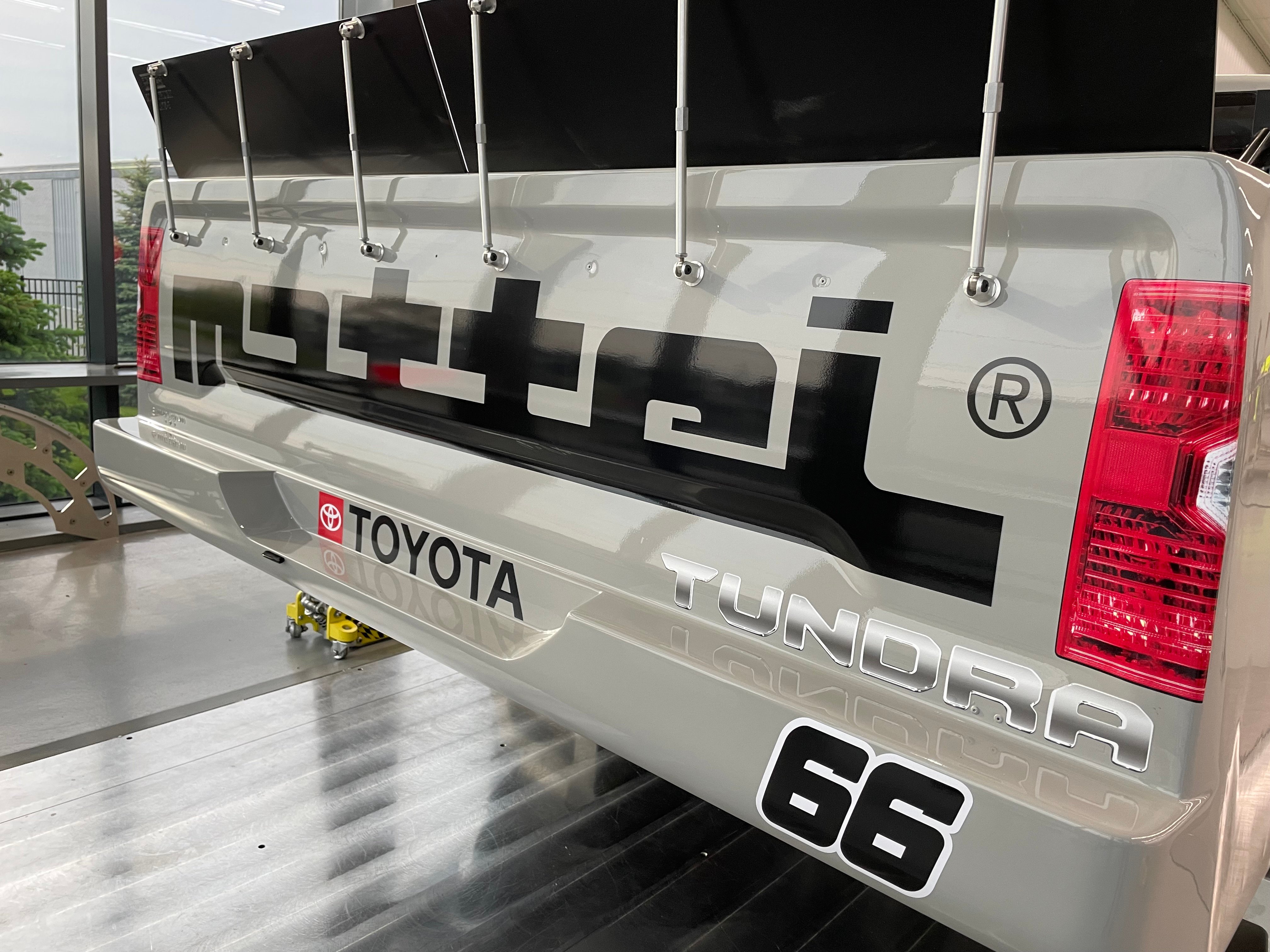
Good luck ThorSport Racing. Waiting to watch the racing!
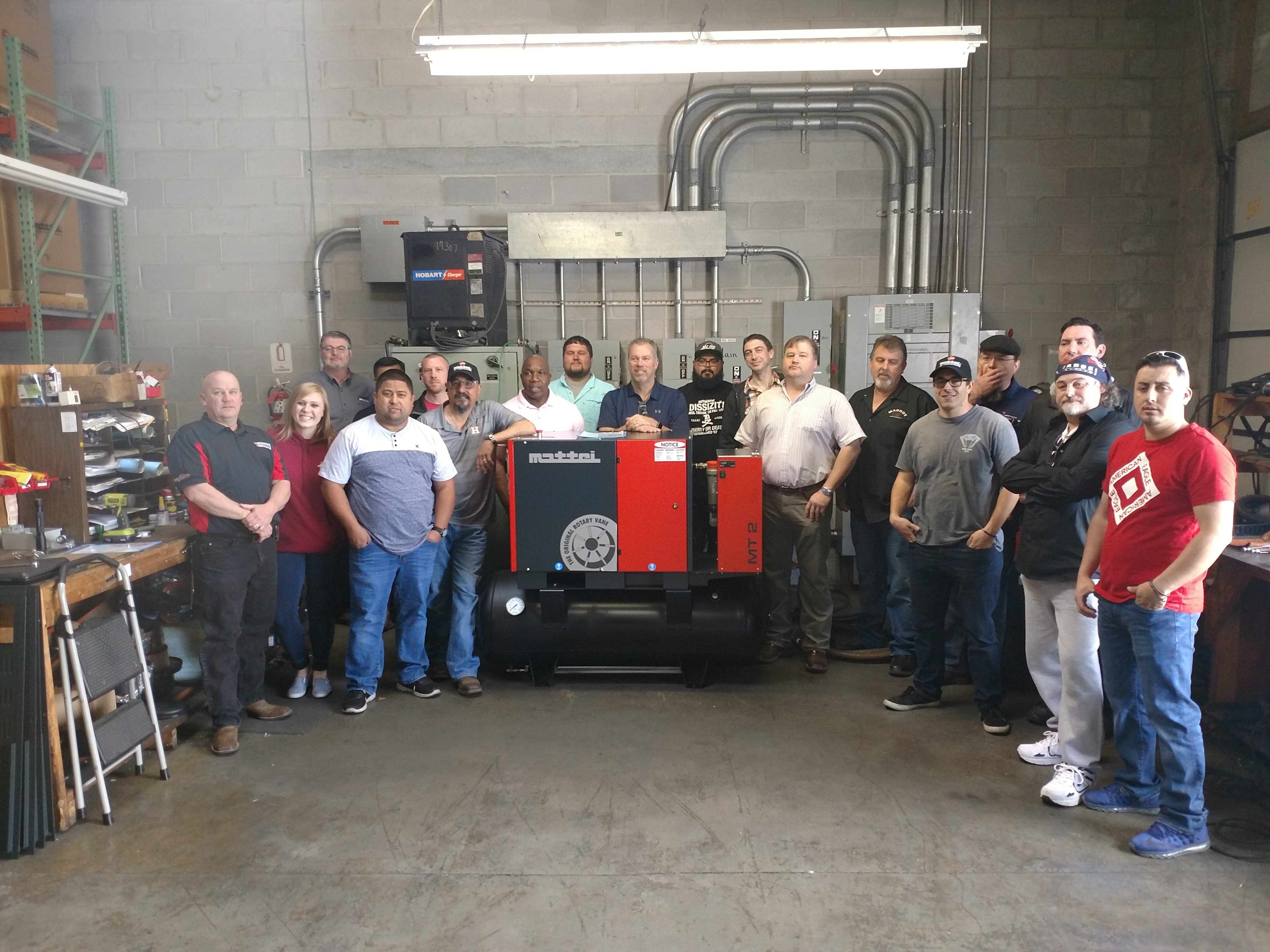
We recently held our Spring 2018 Service School for distributors. The school graduated 17 participants from both the sales and service sides.

Today, Mattei Compressors, Inc., announced the recipients of its 2017 Distributor Awards. These distributors went above and beyond to provide high-quality service to Mattei customers over the past year.
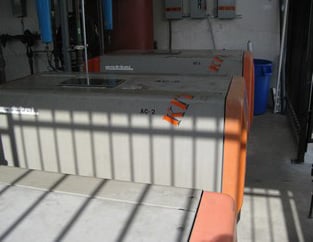
Helix Medical, LLC is widely regarded as a premier supplier of biocompatible silicone medical devices and components to the medical device, pharmaceutical and biotech industries.
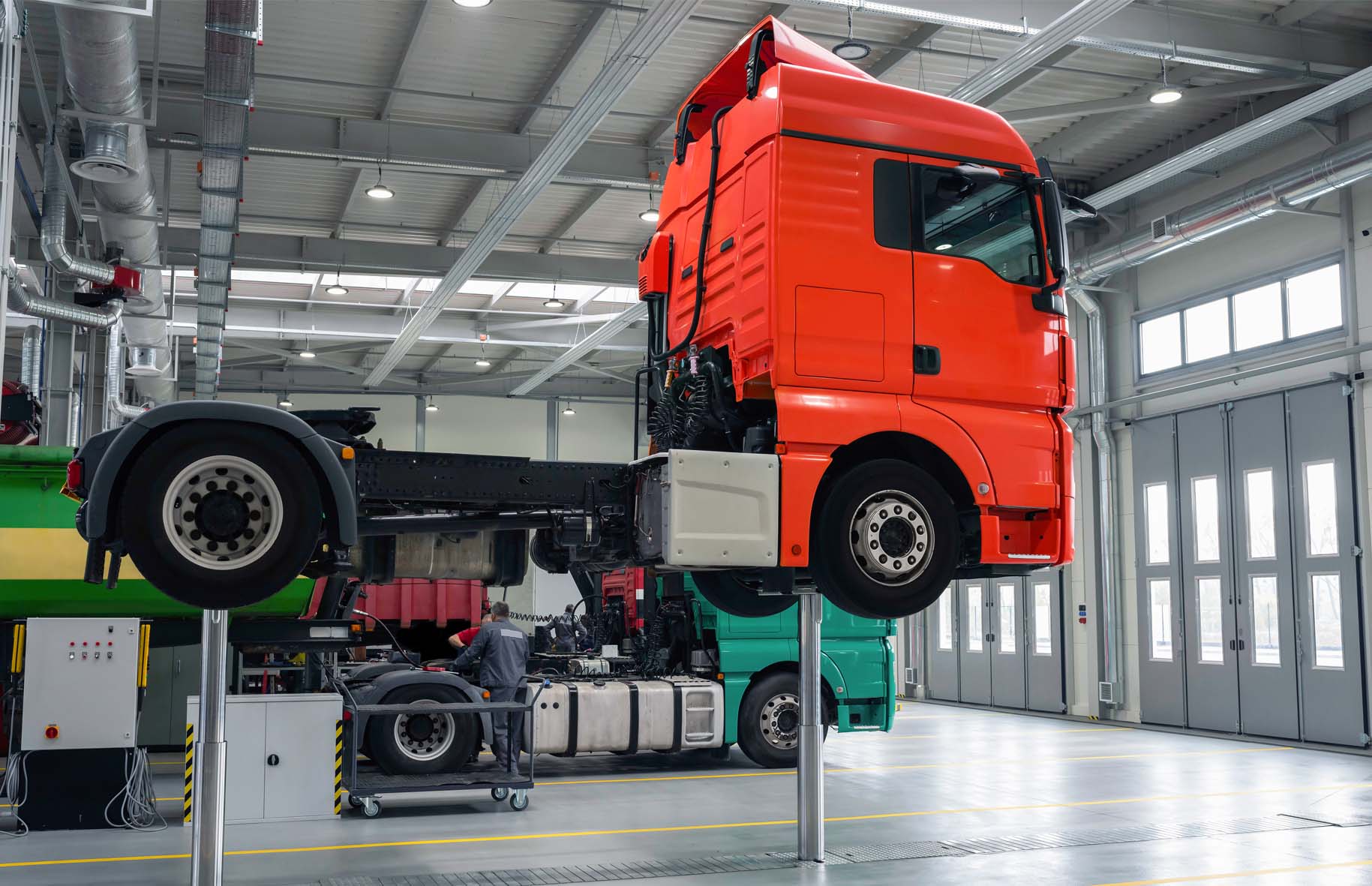
John Baker Sales, a Mattei distributor located in Colorado, worked very closely with Transwest to ascertain the company’s needs prior to making a product recommendation.

